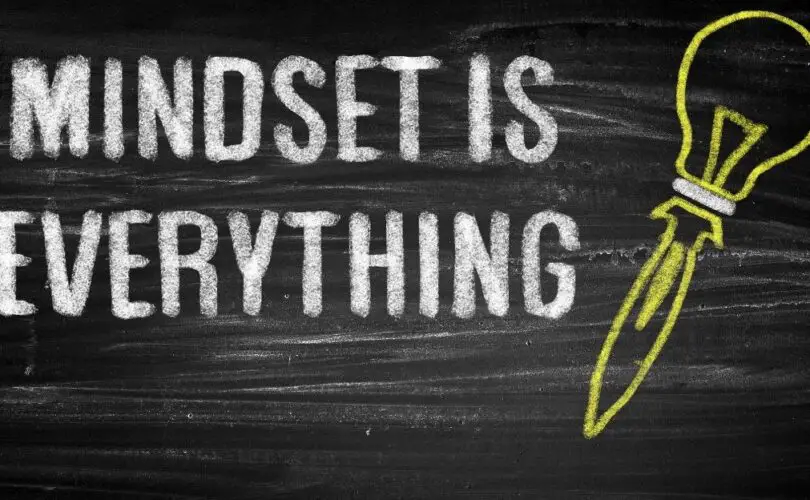Negative mindsets are those characterized by a perspective or attitude that is pessimistic. While we all experience moments of negativity mentally, a persistent and constant focus on negativity is what defines this type of thinking as a mindset.
Negative mindsets can result from a host of things such as trauma, negative experiences, fear, or worry. Having a negative mindset can also be devastating in a variety of ways by robbing you of joy, limiting your ability to connect with others, and even creating health problems. While negative mindsets can be defined by many characteristics, the following outlines five main characteristics of negative mindsets.
1| Rumination on the Past
Rumination is the act of deep thought about something. When it comes to negative mindsets, rumination involves a heavy negative focus on the events of the past in a way that holds you back. The tendency is to get caught up in what took place in the past and find it challenging to recognize new opportunities or see new potential. Thus, you end up reliving the trauma or event repeatedly and are unable to move forward in life.
2| Blaming Others
Another defining characteristic of negative mindsets is the tendency to blame others for your own outcomes, rather than accept any personal responsibility. This act of victimizing oneself can serve as a justification for poor/unsatisfactory outcomes that keep a person from having to own their role in such an outcome. While this may seem beneficial and self-serving for a period of time, eventually it fosters resentment, bitterness, and powerlessness that causes the person in the victim role to suffer more.
3| Self-Deprecating Talk
Self-deprecating talk is those negative messages we tell ourselves that work against us. Such talk, which we can engage in mentally or out loud, can include statements like “I’m not good enough,” “I can’t do it,” “I’m bound to fail,” or “I don’t have what it takes.” By consistently perpetuating such thoughts we decrease our self-confidence, limit our potential, diminish our performance, and work against our overall success. This is because the talk which we tell ourselves becomes our inner voice and shapes what we believe, and our beliefs shape what we go on to do. Failure to believe in oneself will inevitably lead to an inability to achieve.
4| Comparing with Others
Another indicator of a negative mindset is the pattern of comparing yourself to other people. We see the success, accomplishments, lives, or possessions of other people and see ourselves as less than or having less than as compared to these individuals.
This type of behavior typically leads to feelings of jealousy, inadequacy, and inferiority which decrease self-confidence and self-esteem. Some research even suggests that regularly comparing yourself to others can lead to experiencing a greater level of anxiety, stress, and depression as well as making poor choices.
5| Assuming the Worst
A final characteristic of a negative mindset is always assuming the worst of a person or a situation. This persistent pessimism causes people to assess a situation and automatically make a negative assumption about it.
Assuming the worst is more about the way individuals choose to relate to their circumstances as opposed to the actual circumstances themselves. It’s an inability to relate to circumstances or people positively, thus creating a dark and negative narrative for oneself and one’s future.
While there are certainly other characteristics that can define particular negative mindsets, depending on what they are and what they stem from, the above five characteristics tend to be common amongst them all. Learning to identify these characteristics can help you spot a negative mindset and make changes to turn it into a positive one.
References:
Ni, P. (2015, February 22). 8 negative attitudes of chronically unhappy people. Psychology Today.







